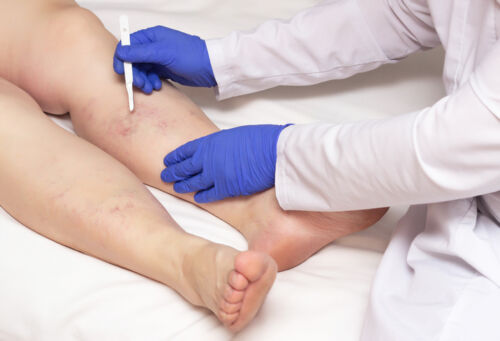

Follow these tips to curb vein-related swelling, pain, and other complications throughout your pregnancy. While pregnant women usually struggle with aches,

Since varicose veins often cause blood to gather, athletes should work to reduce the amount of blood trapped in the lower legs as soon as they’ve finished playing or training.

Even if you exercise on a regular basis, you’re still susceptible to varicose veins. Varicose veins can affect anyone and everyone.

Though sunny weather can improve your mood, too much of it can negatively affect your veins. While it’s common knowledge that sun exposure can lead to sunburn and increased risk of skin cancer, it can also worsen conditions such as spider veins, and even cause new venous issues altogether.

In the past, the only effective way to treat bulging, twisting varicose veins was to remove them through surgery. Known as vein stripping, this procedure involved significant discomfort and downtime, discouraging many patients from seeking treatment at all.

Vein ablation is an incredibly effective treatment option — here are a few tips for maximizing your results post-procedure. If you

Varicose veins can be unsightly, but they can also present significant health problems. If you’re suffering from varicose veins, you’re not

Delaying treatment for varicose veins can cause serious complications, including venous ulceration. Especially later in life.